3 x 3M ISO 7 Modular Cleanroom
Reference Price:US$4300-5500


Cleanroom
3 x 3M ISO 7 Modular Cleanroom
Choose your installation & validation options below
Quantity:
Choose your Cleanroom frame structure material
Quantity:
Choose your Cleanroom Wall enclosure materials
Quantity:
Choose your Temperature requirements
Quantity:
Choose your humidity requirements
Quantity:
Choose your Explosion-proof requirements
Quantity:
Summary
3 x 3M ISO 7 Modular Cleanroom
Validation
Installation & Validation
Find Similar Products
-

5 x 15M ISO 7 Modular Cleanroom
US$15000-50000 USD/Set
Min. Order:1 Set -

6 x 10M ISO 7 Modular Cleanroom
US$15000-50000 USD/Set
Min. Order:1 Set -

6 x 8M ISO 7 Modular Cleanroom
US$15000-50000 USD/Set
Min. Order:1 Set -

6 x 6M ISO 7 Modular Cleanroom
US$15000-50000 USD/Set
Min. Order:1 Set -

5 x 10M ISO 7 Modular Cleanroom
US$15000-50000 USD/Set
Min. Order:1 Set -

5 x 8M ISO 7 Modular Cleanroom
US$15000-50000 USD/Set
Min. Order:1 Set
Cleanrooms Detail
In today’s manufacturing and research environments, the demand for cleanrooms is on the rise, especially in industries like pharmaceuticals, semiconductors, and biotechnology. The ISO 7 modular cleanroom is a versatile solution designed to effectively ensure product quality and safety.

ISO 7 Cleanroom Standards
An ISO 7 cleanroom must meet specific air cleanliness standards, including:
No more than 352,000 particles per cubic meter of air (0.5 micrometers and larger).
No more than 3,520 particles per cubic meter of air (5 micrometers and larger).
These standards ensure that operations within the cleanroom remain uncontaminated, safeguarding both products and personnel.
| Cleanroom Project Scope(from structure, HVAC,electric to autoc ontrol) | 1. Cleanroom Structure: Wall Panel, Ceiling Panel, Windows, Doors, Fttings, Flooring |
| 2. HVAC: AHU, Chiller, dehumidifier, Ducting, Piping, etc. | |
| 3. Electric: Lighting, Switch, Cables, Wires, Power Distribution Cabinet, etc | |
| 4. Auto- control: PLC Controller, Sensors for Humidity and Temperature, Control Panel | |
| 5. Process Piping System: Gas, Water Pipeline | |
| Equipment | Air shower, Cargo shower, Mist shower, Dynamic pass box, Static pass box, Sampling booth,Weighing booth, Dispensing booth, |
| Medicine stability test chamber, isolator, VHP sterilizer,Biological safety chamber, FFU, LAF, etc. | |
| Temperature | 21-27*C (or as per required) |
| Humidity | 30-60°C (or as per required) |
| Application | Pharmaceutical factory, hospital, medical device factory, electronics factory, food factory,cosmetics factory, etc. |
| Qualification Documents | CE GMP ISO |
| Full Service | FAT and SAT Service, Professional Consultation, Training, 24 hours technical support |





Cleanrooms Airflow
When designing the airflow system for an ISO 7 modular cleanroom, several factors must be considered:

Air Changes Per Hour (ACH):
ISO Class 7 cleanrooms typically require 30-50 air changes per hour to maintain cleanliness.
The exact number depends on the cleanroom’s size, usage, and contamination sources.
Cleanrooms Installation
Cleanrooms Testing
Importance of testing
Clean room testing is extremely important to ensure product quality and the stability of the production environment. It can help to confirm whether the clean room meets the intended cleanliness requirements, and whether the various environmental indicators comply with the specified standards.

Testing Items
Suspended particles: Detects the number of suspended particles in the air in the clean room to ensure that the air cleanliness is up to standard.
Temperature and humidity: Monitor the temperature and humidity in the clean room to ensure environmental stability during the production process.
Noise: Evaluates the noise level in the clean room to minimize the impact on staff.
Static electricity: Detect static electricity buildup in the clean room to prevent damage to sensitive components from electrostatic discharge.
Microbial contamination: Detecting microbial levels in the clean room, especially critical for the healthcare industry.
FAQ
What is a modular cleanroom?
A modular cleanroom is a prefabricated space designed to control contamination. It consists of wall panels and components that can be quickly assembled and customized for specific needs.
How does a modular cleanroom work?
Modular cleanrooms maintain strict air quality by using HEPA filters to eliminate airborne particles. They also control airflow and pressure to prevent contamination, ensuring a controlled environment.
What are the benefits of a modular cleanroom?
The benefits of modular cleanrooms include fast installation, cost-effectiveness, and customization options. They can be easily modified or expanded as business needs change, providing flexibility and efficiency.
What is ISO 7 cleanroom standard?
The ISO 7 cleanroom standard defines limits on airborne particulate contamination. It allows a maximum of 352,000 particles per cubic meter, ensuring a controlled environment for sensitive processes.
How to design an ISO 7 modular cleanroom?
Designing an ISO 7 modular cleanroom involves determining the size and layout, choosing suitable materials, and planning the HVAC system for optimal airflow. Collaboration with experts can enhance effectiveness.
What materials are used in modular cleanroom construction?
Common materials include cleanroom-grade panels and non-porous flooring. These materials are selected for their ability to minimize contamination and maintain the integrity of the cleanroom environment.
How much does a modular cleanroom cost?
The cost of a modular cleanroom varies significantly based on size and complexity. Basic models may start around $25,000, while more advanced configurations can exceed $100,000.
What industries use modular cleanrooms?
Modular cleanrooms are commonly used in industries such as pharmaceuticals, biotechnology, and electronics manufacturing. These sectors require stringent contamination control to ensure product quality.
How to maintain an ISO 7 cleanroom?
To maintain an ISO 7 cleanroom, regularly monitor air quality and implement cleaning protocols. It's also essential to train staff on contamination control to uphold compliance with standards.
What is the difference between modular and traditional cleanrooms?
Modular cleanrooms are prefabricated and adaptable, allowing for quick reconfiguration. Traditional cleanrooms are constructed on-site and are less flexible, often resulting in longer installation times and higher costs.
How is airflow managed in modular cleanrooms?
Airflow in modular cleanrooms is managed using HEPA filters and maintaining positive pressure. This design prevents contamination from entering the cleanroom, ensuring product integrity and safety.
What is the purpose of a cleanroom?
The main purpose of a cleanroom is to create a controlled environment that minimizes contamination. This is crucial for manufacturing processes that require high levels of cleanliness to ensure product quality.
How to validate an ISO 7 cleanroom?
Validation of an ISO 7 cleanroom involves performing air quality tests, documenting results, and ensuring compliance with ISO standards. Regular re-validation is necessary to maintain cleanliness and efficiency.
What are the specifications for ISO 7 cleanrooms?
Specifications for ISO 7 cleanrooms include a maximum particle count of 352,000 particles/m³, specific airflow requirements, and regulated temperature and humidity levels to ensure optimal conditions.
How to install a modular cleanroom?
To install a modular cleanroom, prepare the site and utilities, assemble the prefabricated panels, and integrate HVAC systems. Following a systematic approach ensures compliance with cleanroom standards.
What are the common applications of modular cleanrooms?
Common applications of modular cleanrooms include pharmaceutical production, semiconductor manufacturing, and medical device development. These environments are essential for processes sensitive to contamination.
Factory Production Workshop Video
Factory Photo
Product Packaging And International Logistics
Product International Certification

Find Other Common Equipment Recommendations
-

Modular CleanRoom
US$9000-10000 USD/Unit
Min. Order:1 Set -

Air Shower
US$1000.00-5000.00 USD/Unit
Min. Order:1 Set -

Downflow Booth
US$3000-6000 USD/Unit
Min. Order:1 Set -

Clean bench
US$600-2000 USD/Unit
Min. Order:1 Set -

Air Filter
US$3-50 USD/Unit
Min. Order:1 Set -

Cleanroom Wall Panels
US$10-20 USD/sq.
Min. Order:1 Set -
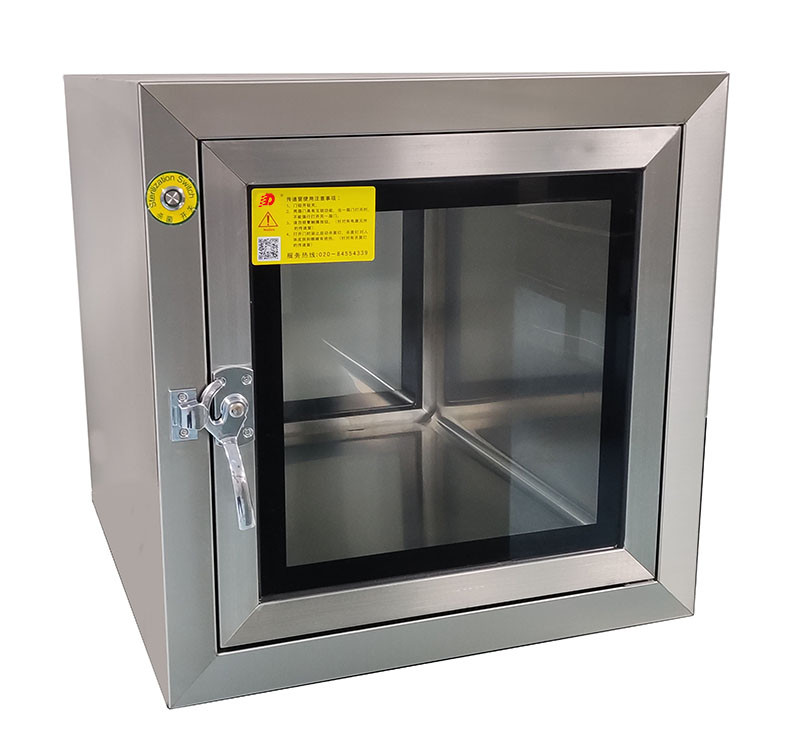
Pass Box
US$200-500 USD/Unit
Min. Order:1 Set -
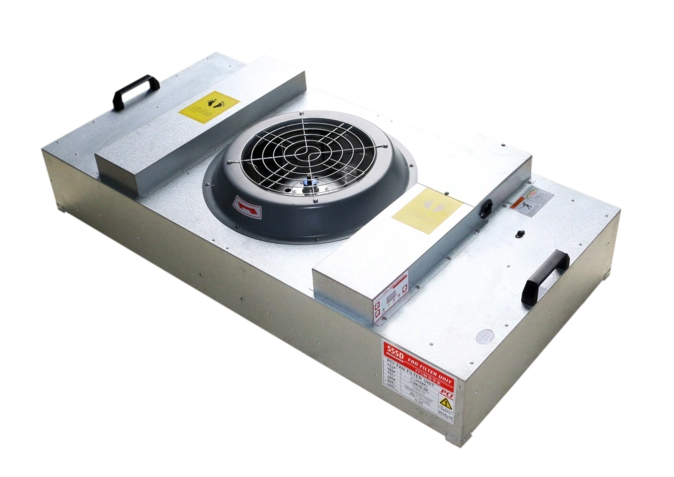
FFU
US$135-350 USD/Unit
Min. Order:1 Set -
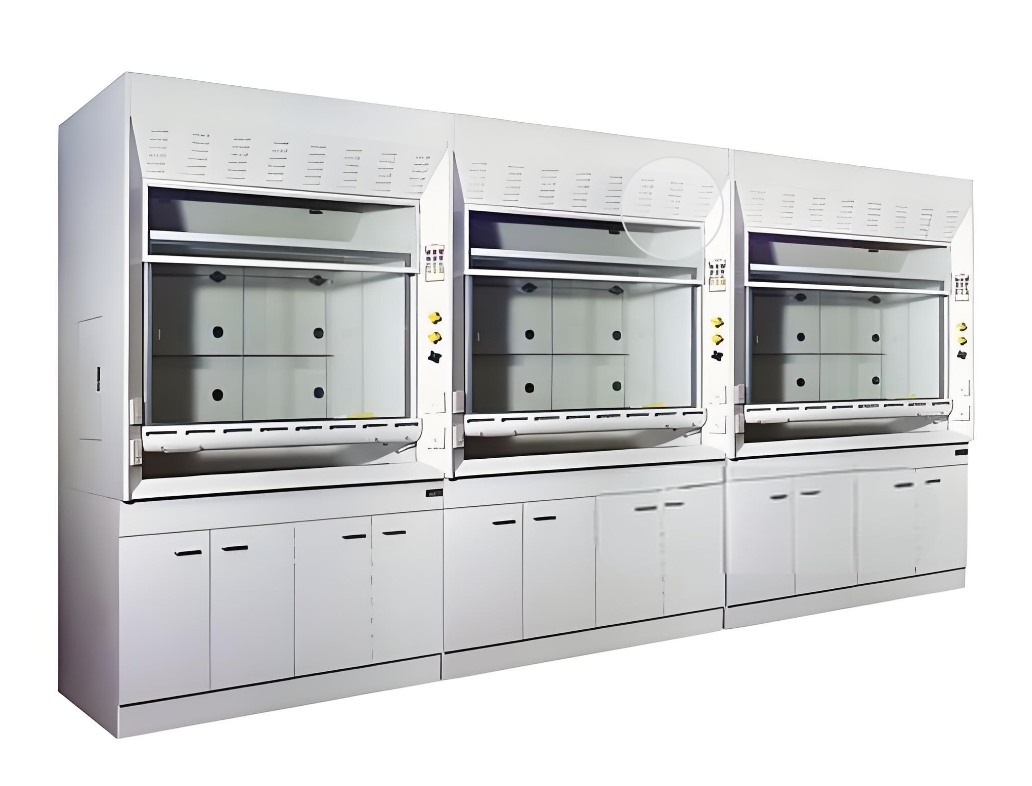
Fume Hood
US$700-1500 USD/Unit
Min. Order:1 Set -
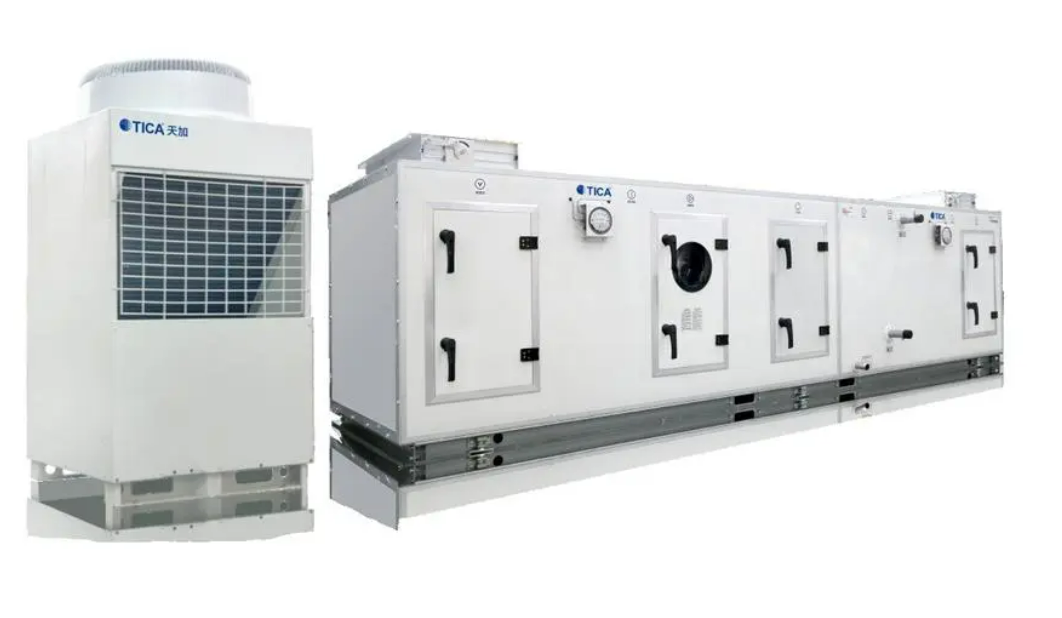
Cleanroom HVAC
US$5000-20000 USD/Unit
Min. Order:1 Set -
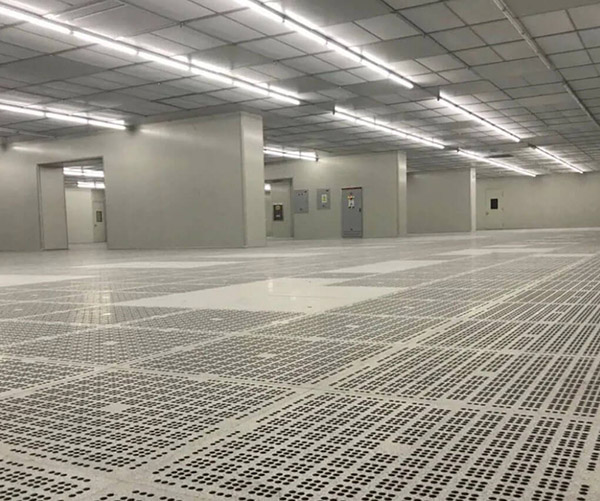
Clean room floor
US$5-20 USD/Sq.
Min. Order:1 Set -
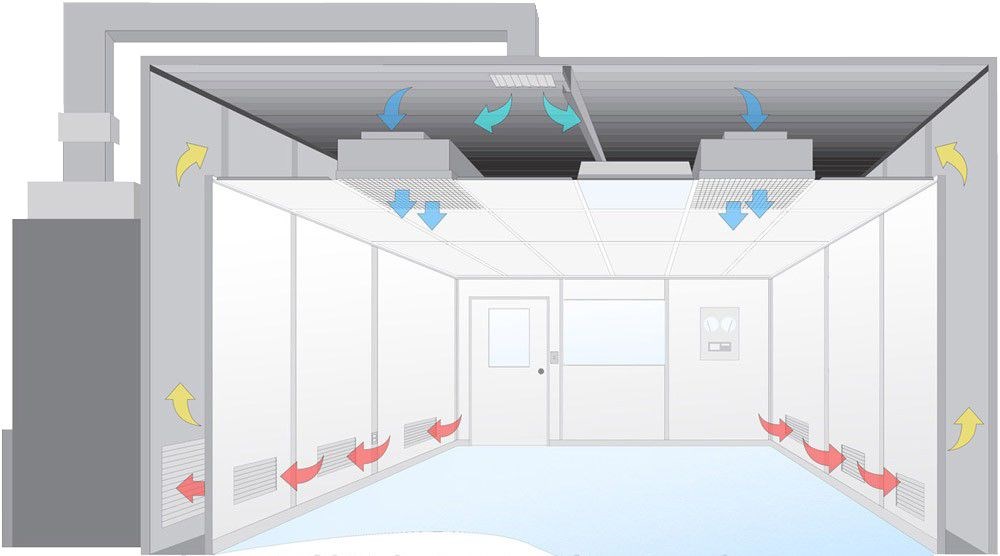
Clean room ceiling
US$
Min. Order:1 Set
 +86 18186671616
+86 18186671616 Jason@cleanroomequips.com
Jason@cleanroomequips.com
 MENU
MENU













